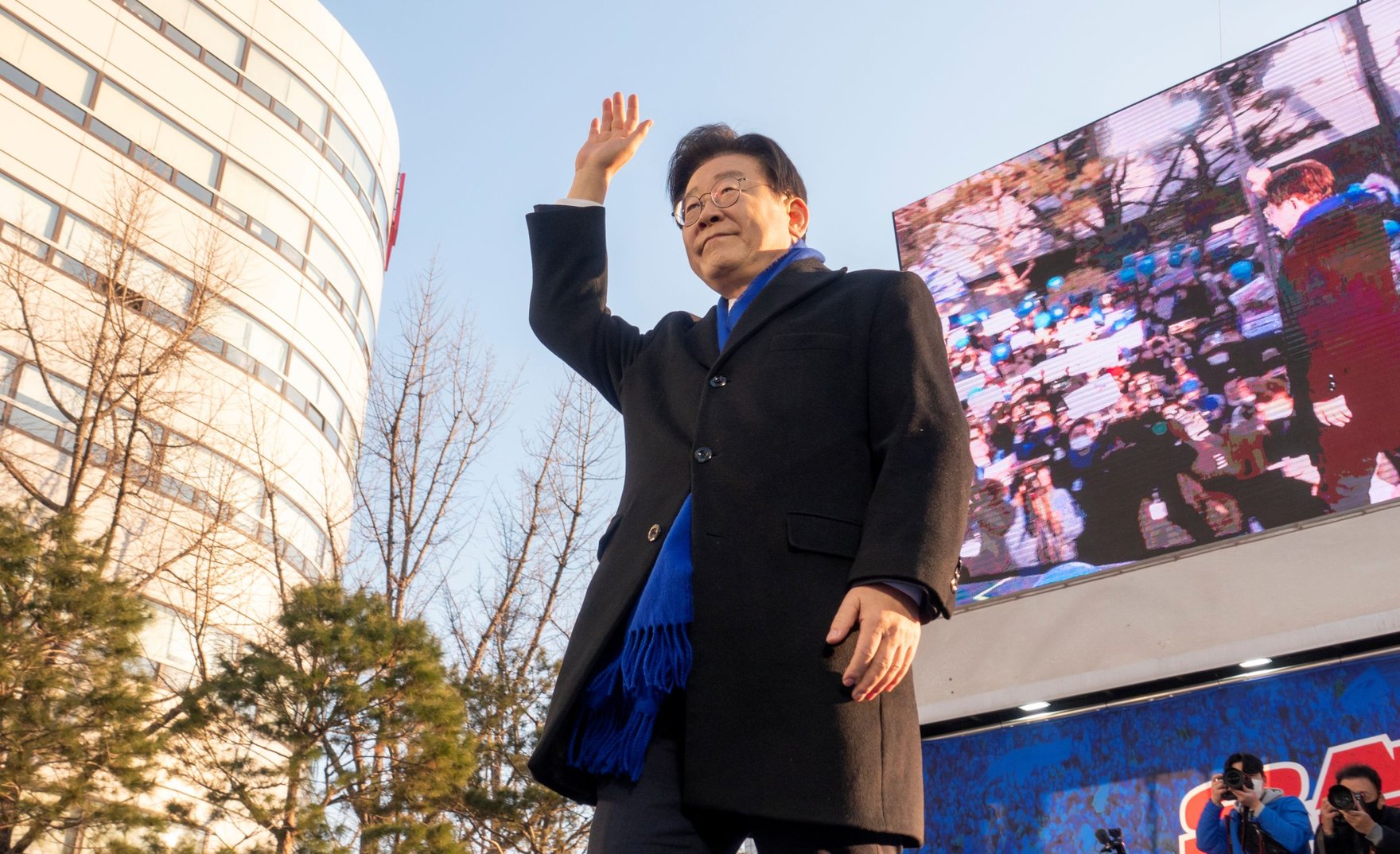The following content has been edited for clarity and is based on remarks the author prepared for the 2025 Republic of Korea–G7 Dialogue and Cooperation Forum, held in Ottawa on May 22, 2025.
The discussion surrounding Korea’s emergence as a global player, and the potential of bringing not only its enormous economic wherewithal to the table but also the skill of its international players, is the sign of a country with increasing readiness to be active on global political and security matters beyond its core interests in economic and business affairs, and its geographical priorities in Northeast Asia and the Korean Peninsula.
I personally believe that Korea, with its shift from a developing regional economy to a major global economic power, its strong and lively democracy (put in evidence these past months) and its increasing engagement on global security, development and other matters, should be considered ready for the responsibilities and role of G7 membership.
Recently, this was particularly evident under President Yoon’s government, and it’s a trend that will hopefully continue under Lee Jae-myung’s presidency.
During my three years as Canada’s ambassador to Seoul in the early 1990s and throughout my years in Ottawa as a senior official and Summits participant, coupled with almost a decade with the non-governmental Korea-Canada Forum, I have watched Korea build its presence on the global stage, take broader interest in global affairs, and increasingly deploy some of the world’s most skillful diplomats and administrators to the United Nations and international organizations. It is an extraordinary record.
I remember, in particular, a moment during a meeting of our annual Canada–Korea Forum five years ago. The highly respected former Korean prime minister Lee Hong-koo sounded a warning that the geopolitical setting in the world was changing. He said that Korea and Canada, along with other like-minded friends, needed to work much more with each other to face the uncertainties and threats re-emerging on the global scene. He was thinking of Chinese aggressiveness, but maybe he also foresaw changes in US attitudes toward its role and place in the world.
This remains a significant moment to me, and it changed the nature of our dialogue at subsequent Forum meetings, which went on with renewed drive and enthusiasm.
Like-mindedness is a key criterion for membership, combined with the familiarity that builds trust and comfort level among G7 members.
The G7’s Asia-Pacific Potential
So, if we are discussing the potential for Korea and G7 partnerships, as my grandson might say, it should be a “no brainer.”
The structures, agreements and alliances that have served the so-called Western world so well since the Second World War are under siege all over the world. The G7 remains a bastion in support of that system, but with its main player, the United States, showing a growing tendency under its current president to go it alone, the G7 (or rather the remaining G6) need to think seriously about the possibility of engaging other like-minded proponents of the postwar order.
This could mean perhaps more cooperative partnerships with Korea. But more importantly, it could eventually lead to something more: the extension of G7 membership to other willing and able major democracies, such as Korea and Australia.
The G7 could certainly gain from having another significant global economy and democracy (or two) from the increasingly important Asia-Pacific region. The bigger question is probably not Korea’s readiness for membership, but the G7’s willingness to open the doors of this long-standing “club” to new participants.
The main reason the G7 works is because of the like-mindedness of its members, not necessarily on everything, but on most things that matter regarding global economy and international security. The desire to work together is strong enough to overcome the differences that inevitably do exist.
I think that the case can be made that the Republic of Korea now meets this test of “like-mindedness.”
Lessons from the Past
In the past, the G7 has already opened its doors once to a new participant. It didn’t work out, but the case is instructive.
Under Canada’s presidency in 1995, and with the concurrence of the other leaders, Prime Minister Jean Chrétien invited Boris Yeltsin to join the G7 Summit in Halifax as a special guest, thus initiating Russia’s formal membership. I was present in Halifax as the head of the Summit’s organizing group. I saw the dynamic change in the Summit room with Yeltsin’s arrival, but he was made welcome, and things looked positive.
Fifteen years later, I was the host sherpa as Prime Minister Stephen Harper chaired the Muskoka Summit. By then Russia was clearly an outlier in the G8. I believe Russia’s eventual departure would have come sooner had Russia’s presidency not passed temporarily to Dmitry Medvedev from 2008 to 2012. Even then, it took lengthy negotiations in Muskoka and a late-night sign-off by Medvedev to get a Russian agreement to text in the G8 Communiqué condemning North Korea’s sinking of a Republic of Korea naval vessel in March 2010.
I cite this example not because I think we should be extra-careful about new G7 members. Quite the contrary: I think we knew from the start that Russian membership in the G7 was going to be bumpy. It was done to encourage and to help mould a new Russia. It was risky from the outset.
Such risk is not at all in play in regard to inviting Seoul to join the G7. In fact, if anything, that invitation is overdue. Korea’s economic weight, its vital democratic system and its evolution these past few years to become a fully engaged international player that seeks the same outcomes as others in the G7 — and joining Japan in the under-represented Asia-Pacific region — makes it an ideal new member for today’s challenges.
Like-mindedness is a key criterion for membership, combined with the familiarity that builds trust and comfort level among G7 members and its leaders at any given time.
That is most evident when the presidency or chair passes from one country to another, one leader to another. There is a kind of trust and respect that each leader and country, in its turn, will take on relevant, timely high-quality initiatives that are in tune with the democratic values and collective strategic interests of the group.
This is a high bar, I believe, that must be kept in mind in opening the G7 to new memberships, particularly so at this time. And yet here, again, I think the Republic of Korea can meet that bar.




